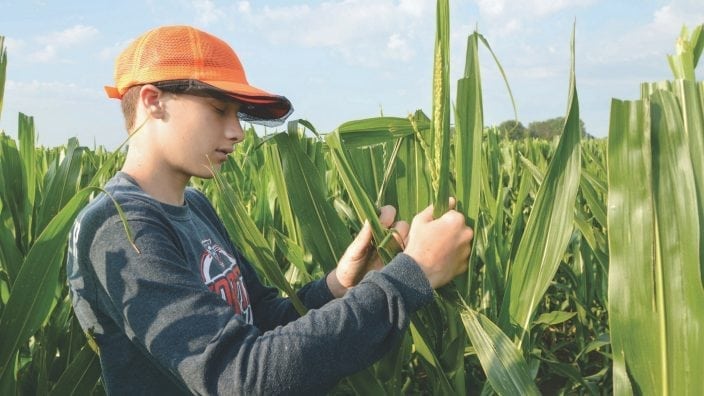Taking the youth pathways trail with Farm Bureau
I am thankful to everyone in Ohio Farm Bureau who has supported me, guided me and helped me turn my passion into purpose.
Read MoreIt is not uncommon to read media reports about today’s agriculture being an increasingly capital-intensive business, with more machines doing more work. Another common theme is that today’s teenagers have a sense of entitlement and shun hard work.
Tell that to 15-year-old Connor McNinch who is one of about 250 workers age 14 to 21 who do some of the hottest, scratchiest, labor-intensive jobs any teenager could find.
“One day I left my mask on the bus and I had to wear a bandana on my face for protection from dry corn leaves that scratch your face and give you a rash,” he said. He was reflecting on a month or so of eight-hour days in some of last summer’s hottest weeks — detasseling his share of the 1,400 acres of hybrid corn grown for seed on the Dull Homestead Farm west of Dayton.
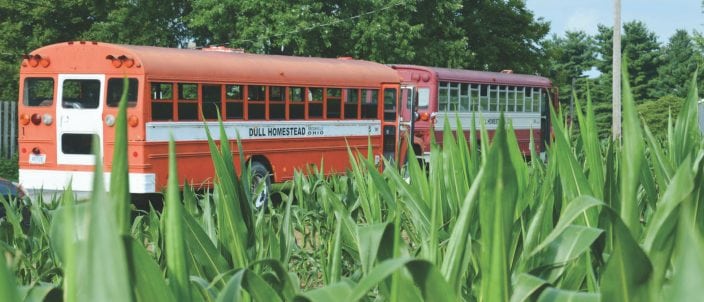
“We always have the regular detasselers go through after the (mechanical) clippers, which miss a lot (of the tassels) because of the different heights” of the corn stalks, added Connor of New Lebanon.
Connor was a newcomer to the detasseling crews last summer. He was hired by the Dull family to ensure clean hybrid seeds that the farm has produced since 1976 make it to market.
Though Connor was new to the work, he was not new to the concept. About 25 years ago, his father, Brett McNinch, began the first of many summers detasseling and rising to crew leader on the Dull Homestead.
It’s a hot, dirty job, but somebody has to detassel the corn. Why? For one thing, it’s a real life lesson in genetics that the teenage workers might learn about in school this fall.
In the old days, farmers raised corn and saved seeds from the most robust ears to plant the next year in open-pollinated rows. The pollen from the tassels atop each stalk — the male part — is spread by the wind to pollinate the corn silk, each strand of which produces a kernel. Because the pollen is spread naturally by the wind, it’s considered “open pollination.”
But the development of hybrid corn, commonplace by the 1940s, led to significantly higher yields because of selective plant breeding. It required that fields of corn be raised specifically for use as seed. It also required new production practices to ensure “cross pollination” — the stalks in one of every four or five rows of one variety produce the male pollen; the remaining rows, of a different variety, must be detasseled so the silk is fertilized from the male rows.
In the Dull operation, mechanical clippers typically remove up to 70% of the tassels in the female rows, but crews must come through to remove the rest by hand. According to some estimates, about 100,000 people, mostly students, fan out across Midwest cornfields during critical summer weeks before pollen is ready to be spread by the wind.
Brett McNinch started with crews at Dull Homestead in eighth grade (when all the detasseling was done by hand) and continued each summer, even for a few years after high school.
“I loved it right away,” he recalled. “The Dull family liked me. They respected you if you did a good job.” McNinch eventually was promoted to crew leader and had tasks like driving the tractor and helping to organize new crews.
It was similar for Connor, a generation later: Head to the farm from New Lebanon, get some training and join crowds of his peers on a converted school bus that takes crews to their assigned fields. The busloads are split into crews of about a dozen, with a crew leader and an assistant, who does the “trailing” — following up on what crews might have missed.
“They pay more than minimum wage,” Connor said. “They pay well. You only get minimum wage if you get fired or quit — and it’s pretty hard to get fired.”
Luke Dull said up to 15% of original workers leave, of which only a few are fired. The most-productive crews are eligible for bonuses, as are workers with perfect attendance. All are paid a single check at the end of the detasseling season, after four to six weeks of mostly eight-hour workdays — sometimes a little longer.
They work in the swelter of the summer sun and in the mud of a sudden downpour — anytime but during an electrical storm. Crews work on Saturdays if needed, but never on Sundays. Youth under 18 cannot work more than 40 hours per week. Dull added that the “boots on the ground” approach is a way to make sure the detasseling is thorough.
Dull, a Montgomery County Farm Bureau member, said the salaries and bonuses are worth the cost for several reasons: One, it helps attract workers at a time when the number of applicants has declined. Two, “it’s a great way to engage the community and help young people learn about work at an early age. It also helps narrow the gap between consumer and producer and gives kids and their parents opportunities to set foot on a farm.”
As for Connor, he banked his earnings last summer for college — he’s interested in a medical career – but isn’t sure he’ll be out detasseling again this summer.
“I’m kinda wanting to,” he said. “But I’m not sure I can fit it in around 4-H (raising show cattle) this year.”
In addition to seed corn, soybeans, wheat, field corn, hogs and cattle are all part of the Dull Homestead operation.
Watch this Our Ohio TV episode to see detassling taking place at the Dull Homestead, hear more about the process and why it is needed.
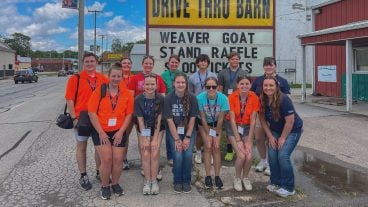
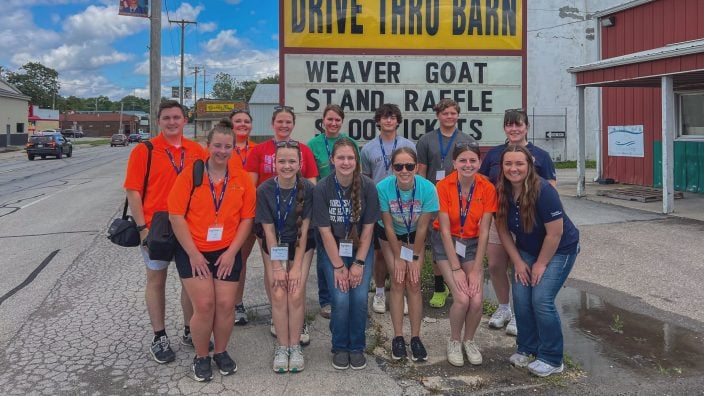
I am thankful to everyone in Ohio Farm Bureau who has supported me, guided me and helped me turn my passion into purpose.
Read More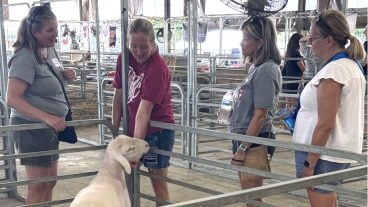
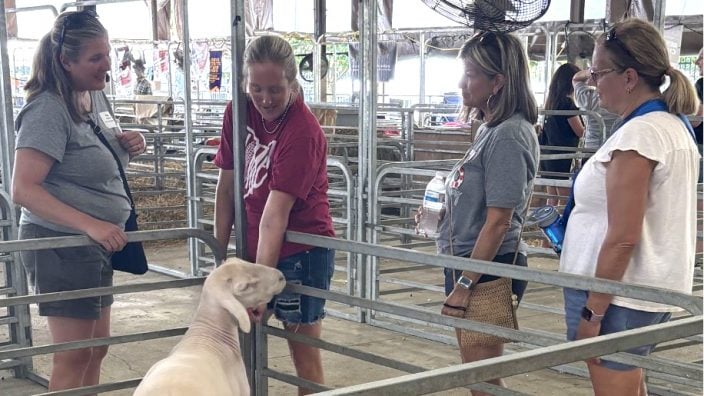
Teaching agriculture in an elementary classroom is a great opportunity to spark a love of the industry in our youngest learners and have them share that with those at home.
Read More

Introduced by Sen. Paula Hicks-Hudson, SB 120 would establish the Urban Farmer Youth Initiative Pilot Program.
Read More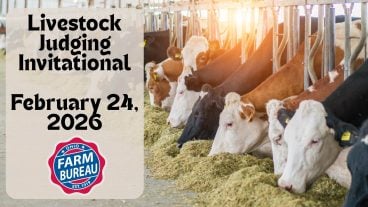
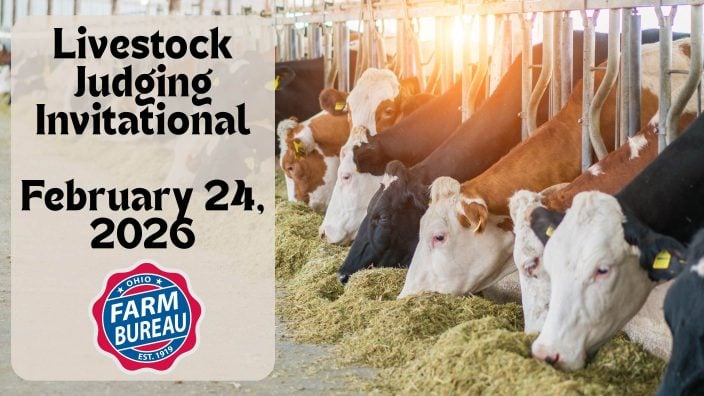
The Gallia County Farm Bureau will hold the Livestock Judging Invitational on Tuesday, Feb. 24, 2026 at the Gallia County…
Read More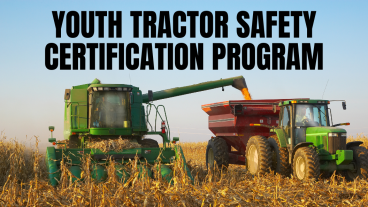
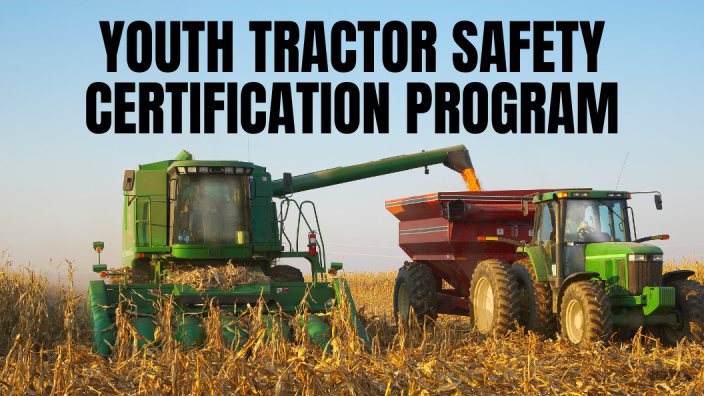
The program offers both classroom and hands-on tractor driving experiences for youth ages 14-15.
Read More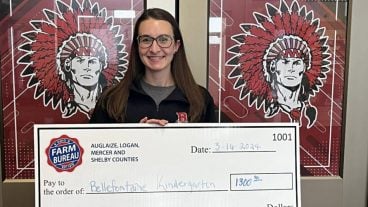
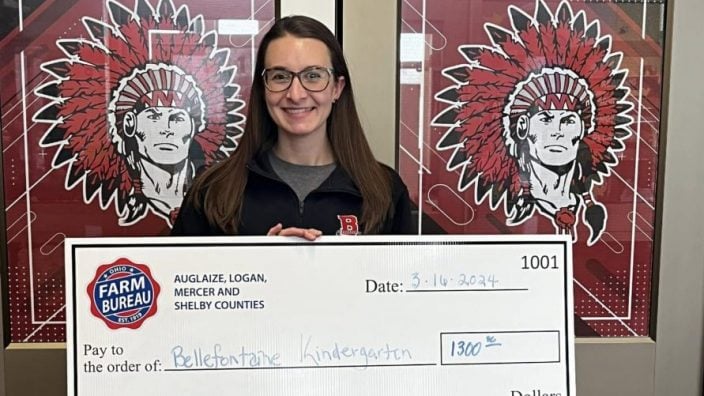
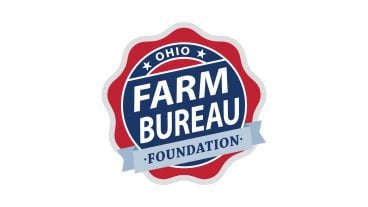
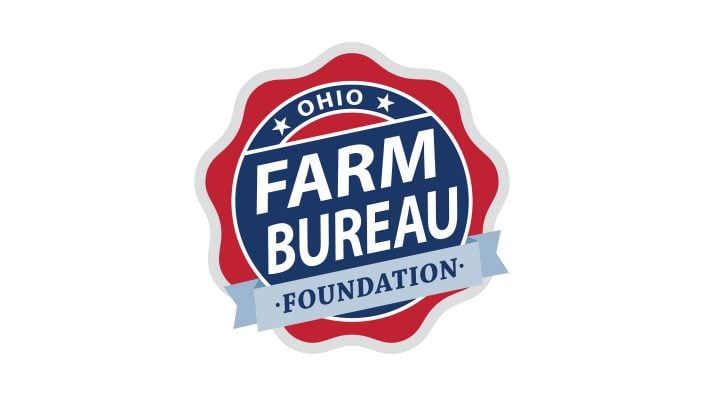
Now in its ninth year, the Youth Pathways Grant supports innovative programs that connect young people with meaningful careers in agriculture.
Read More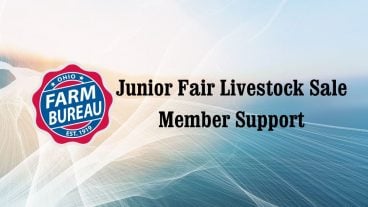
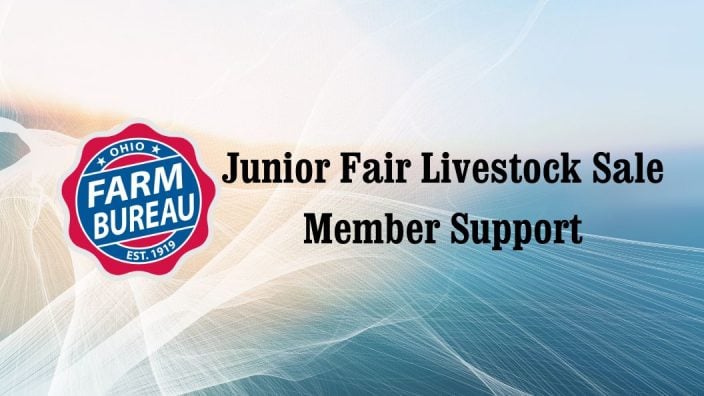
New this year- Knox County members can submit their livestock sale information and receive an add-on to the livestock sale!
Read More

Licking County Farm Bureau members can submit their livestock sale information and receive an add-on to the livestock sale!
Read More
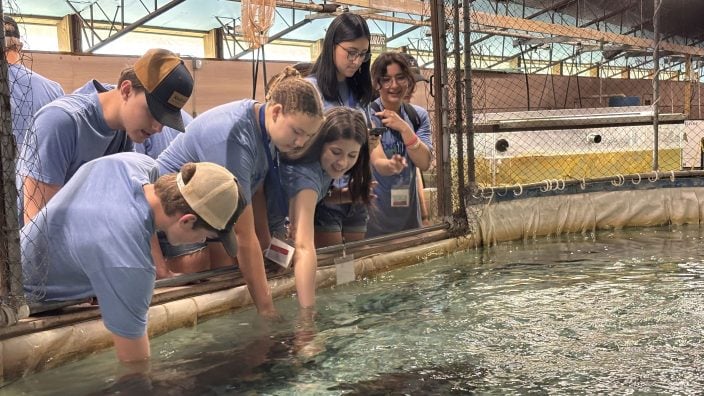
See how ExploreAg camp in Ohio builds confidence, sparks curiosity and leads to lifelong passions in the agricultural industry.
Read More